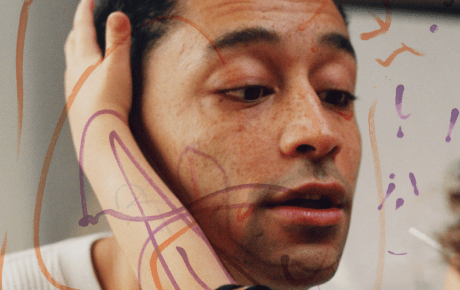[Written: 27 April 2019] It’s been a whole year since beerbongs & bentleys was released so we felt it time to look back on our good friend Post Malone…..
SEE ALSO: Post Malone – Beerbongs & Bentleys – album release celebration
We know 23 year old Austin Richard Post born July 4, 1995 as the face tattoo’d Post Malone, first emerging in 2015 with the album “White Iversion”, and later releasing the years second most globally consumed album “Beerbongs and Bentleys”. Now, Post may quite potentially represent the evolutionary next step in music.
We’ve seen Post Malone considerably progress as a hip-hop artist with singles like ‘Congratulations’ and ‘Rockstar’ to now be described by the industry as a melting pot of “country, grunge, folk, hip-hop and R&B.” This representation has also been printed by a multitude of publications with negative connotations; Post being called out to be “genreless” and a true “culture vulture”. He is now one of the most diverse artists in recent memory, with an army of dedicated fans and an equally large army of critics. It’s no longer news when the media rips one out about Post Malone, and if he truly respects hip-hop culture and its origin.
SEE ALSO: What Has Post Malone Been Up To?
Going mainstream used to be seen as having to go pop; a softening or compromise for the art you truly wanted to create. Now, with boundless access to the internet and the modern way billboard charts and ranked – music has completely changed face. Music, no matter the genre, is played mainstream if it’s well – good music. Collaboration between artists is also now hugely popular, with a lot of artists ‘guesting’ singles equally as often as to what they invent themselves. Our personal Spotify playlists have been proven to be a total smorgasbord of tunes for every given occasion. With all the collaboration and diversity of sound going on in today’s society, why should Post Malone’s rap-folk dirges and emo-rap collisions remain a central talking point for the hip-hop community?
The main argument published is that Post’s distortment of the traditional sound could ignore the genre’s history. It is not to be forgotten hip-hop culture is deeply rooted, formed during the late 1970’s in New York within African American youth. It was used as an outlet and voice for those in marginalized backgrounds, reflecting the social, economic and political realities of their lives. It’s debated Post Malone’s white prejudice allowed him to monopolise on the idea of hip-hop, taking whatever he liked from the style and turning it into something else.
“I wanna take this genre and stretch it so far that people who may not listen to it, listen to it. What I’m not into is boxes. If a song makes you feel nice, sad, or anything, what does it matter what category it is in.” – Post Malone.
This vision has had a direct affect on other artists; inspiring them to also branch out of just-the-one genre. Juice WRLD now feels he can now come out as “less of a hip-hop rapper and more of a musician,” thanks to Post Malone’s brave venture into the new.
So, the controversy continues and Post Malone doesn’t disappoint in exceeding our expectations of what is known to be a ‘genre’, releasing hit single after hit single with his unique fusion of sound.
“This is the shit that I love. This is what I want to do. I just love music.” – Post Malone.
Catch him at live on tour at Auckland’s Spark Arena, May 11 or May 12. Tickets HERE.












